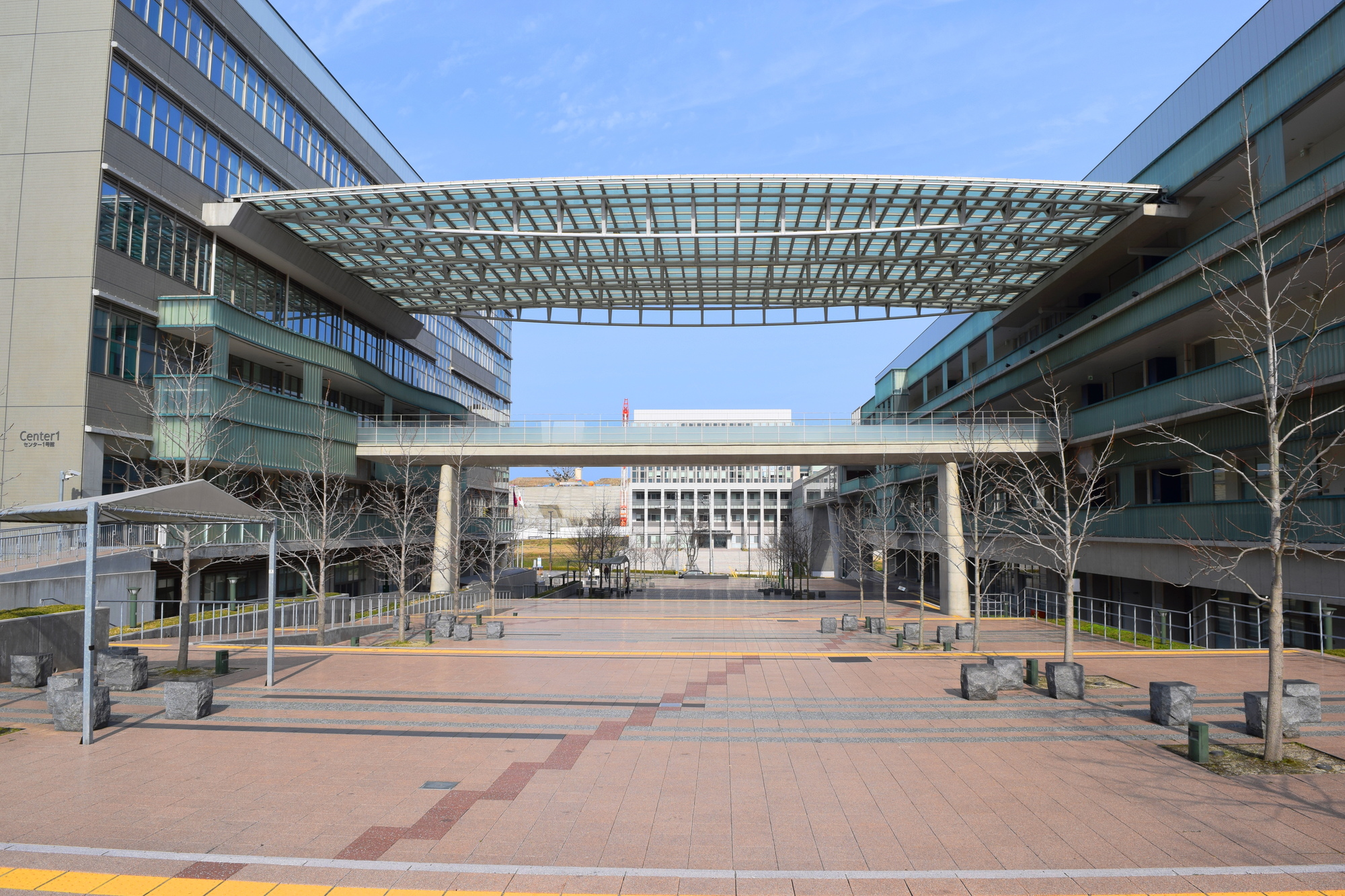``Social hikikomori'' (hereinafter referred to as hikikomori) is no longer a phenomenon unique to Japan, and there is a need for internationally accepted criteria for evaluating hikikomori. In addition, with the spread of work from home and online classes triggered by the coronavirus pandemic, not all people can be called sick even if they are physically hikikomori; There is also a need for indicators to distinguish between hikikomori and hikikomori.
In 2020, Kyushu University's Hikikomori Research Laboratory developed diagnostic evaluation criteria for pathological hikikomori through joint research between Japan and the United States, defining the necessary conditions for pathological hikikomori as ``a state of social avoidance or social isolation; ``A situation in which the person remains at home and is physically isolated'' and ``The person is suffering from this physical withdrawal situation, has a functional disorder, or is suffering from family and surroundings.'' .
Now, they have succeeded in developing a unique tool called ``HiDE (Hikikomori Diagnostic Evaluation)'' (structured interview method and self-administered screening questionnaire) that can easily evaluate pathological and non-pathological hikikomori, regardless of the period.
When we examined the relationship between hikikomori and gaming disorder through an online survey using this self-administered screening form HiDE-S, we found that the group with a pathological hikikomori period of less than 3 months had the highest propensity for gaming disorder; It was found that it was significantly higher than the group of more than a month.
Furthermore, an online longitudinal survey was conducted during the coronavirus pandemic from June 2019 to April 6 among 561 working adults who were not hikikomori as of June 2020. As a result, more than 6% of people experienced physical hikikomori during the coronavirus pandemic, and while more than 2022% of them were assessed as non-pathological hikikomori, there were some who fell into pathological hikikomori. Surprisingly, the risk factor for pathological hikikomori during the coronavirus pandemic has been identified as ``people who are outgoing and seek social roles,'' a result that is paradoxical compared to general hikikomori. This suggests that the new lifestyle of the post-corona era requires a support system for hikikomori based on values different from those of the past.
In this way, it is expected that the use of HiDE to smoothly diagnose pathological hikikomori will lead to early support.
Paper information:[World Psychiatry] The Hikikomori Diagnostic Evaluation (HiDE): a proposal for a structured assessment of pathological social withdrawal

